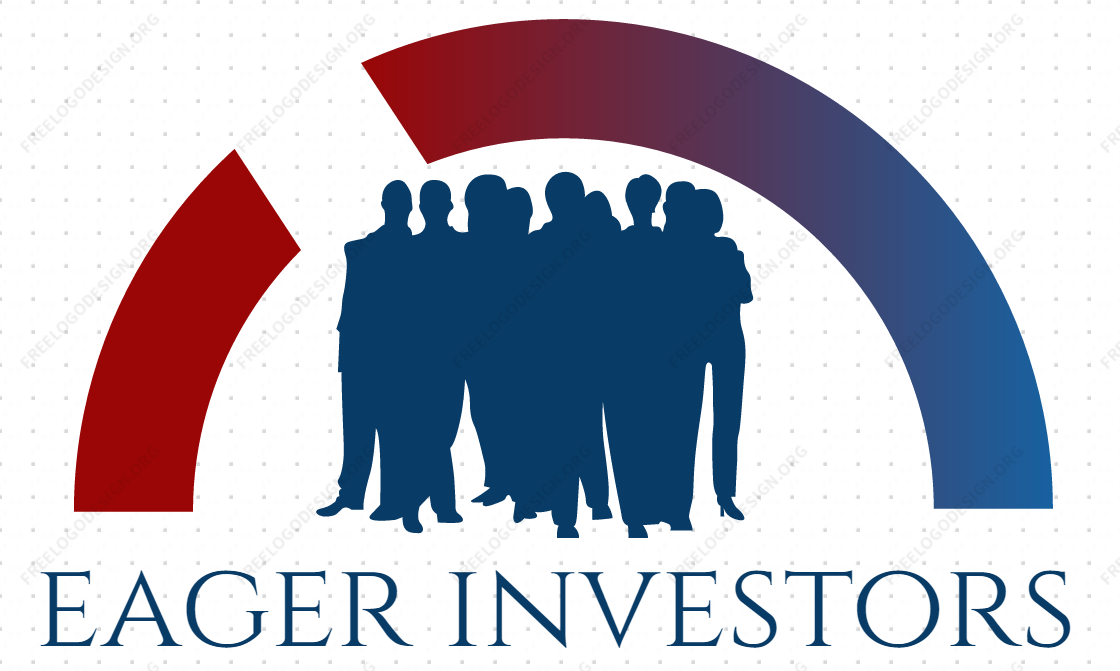Self-directed IRA vs. 401k. Which is option is better for retirement? Read on.

On track to retire? Who is these days? In a world full of information overload and busy schedules, retirement often seems to get put on the backburner. This is a classic mistake that many middle-aged professionals make. Retirement should be at the top of your financial priorities. With 2 basic options to choose from: self-directed IRA vs. company issued 401k, this article will touch on the basic pros and cons of both.
401k – Since its inception in 1978, the 401(k) plan has grown to be the most popular type of employer-sponsored retirement plan in America. Millions of workers depend on the money that they have saved in this plan to provide for their retirement years, and many employers use their 401(k) plans as a means of distributing company stock to employees. By definition, a 401(k) plan is an arrangement that allows an employee to choose between taking compensation in cash or deferring a percentage of it to a 401(k) account under the plan. The amount deferred is usually not taxable to the employee until it is withdrawn or distributed from the plan.
For 2017, the maximum amount of compensation that an employee can defer to a 401(k) plan is $18,000. Typically, plan contributions are invested in a portfolio of mutual funds, but can include stocks, bonds and other investment vehicles as permitted under the provisions of the governing plan document.
Self-Directed IRA - A self-directed IRA puts you in the driver seat of your financial future, giving you the freedom and control to invest in assets you know and understand best. The power of a self-directed IRA comes from the almost endless investment options. You are not limited to just stocks, bonds and mutual funds – you can invest in real estate, promissory notes, tax liens, private businesses, precious metals, etc. Plus you reap the asset protection and all of the tax advantages that come with government-sponsored retirement plans.
Investing for beginners can seem intimidating—especially if you’ve made the decision to control your own investments rather than paying an advisor or buying a mutual fund or annuity. But take heart. As a self-directed investor you’ve got the potential not only for greater profits (because everything you earn goes to you, not a paid advisor) but to have the satisfaction of controlling your own destiny.
There’s much more to learn, but these simple principles will get you off to a better start than most.
Unsure which option is best for you. Hit us up.
or


